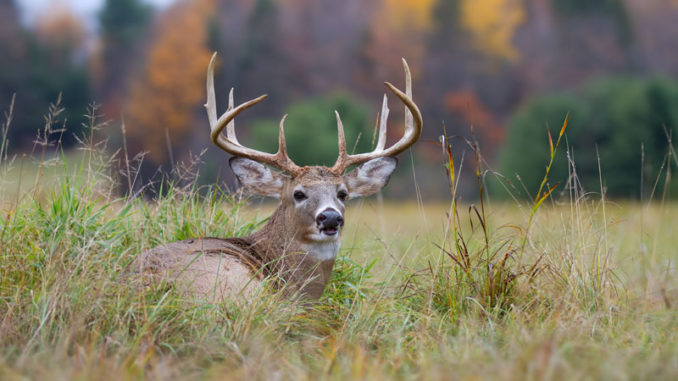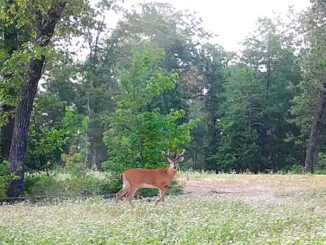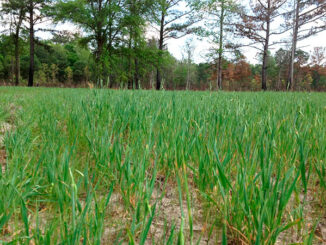
Annual testing included samples from 2300 deer
Some welcome news for deer hunters after biologists with the N.C. Wildlife Resources Commission detected no evidence of Chronic Wasting Disease in the state’s wild white-tailed deer herd.
As part of their annual CWD surveillance effort, biologists tested more than 2,300 deer during the 2019-20 sampling season by collecting deer tissue sample across the state from hunters, meat processors, taxidermists, road-kills, and deer showing symptoms of disease. Agency staff kept track of each sample’s geographic location and submitted the sampled tissue to Wisconsin Veterinarian Diagnostic Lab, a USDA approved laboratory, for Chronic Wasting Disease testing.
Hunters who submitted samples with their harvest authorization number can view CWD test results by clicking on “View My Past Harvests” on the agency’s Big Game Harvest Reporting webpage.
“CWD is the single biggest concern for deer herds and deer hunting in North America,” said Jonathan Shaw, the agency’s deer biologist. “CWD has not been detected in North Carolina, due in part to past and current efforts to limit exposure of our deer and elk herds and environments to the infectious disease agent, prions.
Early detection of CWD is important
“Despite these efforts, the risk of CWD entering the state cannot be eliminated, but the Commission is committed to protecting the State’s deer and elk herds with early detection being paramount to managing the disease if found in North Carolina.”
The Commission began testing for CWD in 1999, and increased surveillance after the disease was recorded east of the Mississippi River in 2002. The agency conducted systematic statewide surveillances in 5-year intervals beginning in 2003, with some opportunistic sampling occurring in years in between. In 2018, biologists implemented a revised annual surveillance strategy to improve detection of CWD by increasing the number of samples collected and targeting sources, such as road-kill and older deer, where CWD is more likely to be detected. It has not been detected in more than 13,700 samples collected and tested across the state to date.
Chronic Wasting Disease is a transmissible, always fatal, neurological disease that affects deer and other cervids such as elk, moose and reindeer/caribou. Currently, four Canadian provinces and 26 states, including neighbors Tennessee and Virginia, have documented CWD.
To learn more about CWD, visit the Commission’s deer diseases webpage.




Be the first to comment